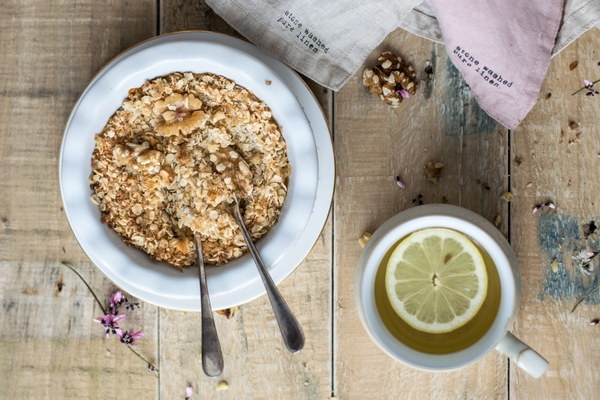Natural Nourishment for Heart Failure and Weakness A Nutritional Guide
Heart failure and weakness can be challenging conditions to manage, and while medical treatment is essential, dietary supplementation can play a supportive role in improving overall health and vitality. Here’s a comprehensive guide to natural nourishment for those experiencing heart failure and weakness, focusing on dietary strategies to strengthen the heart and boost energy levels.
Understanding Heart Failure and Weakness
Heart failure, also known as congestive heart failure, occurs when the heart muscle becomes too weak or stiff to pump blood effectively throughout the body. Weakness, in this context, refers to a general lack of energy and vitality that can accompany heart failure due to reduced cardiac output and oxygen delivery to the body's tissues.
Key Nutrients for Heart Failure and Weakness
1. Potassium: Essential for maintaining heart rhythm and fluid balance, potassium-rich foods like bananas, oranges, sweet potatoes, and avocados can help prevent irregular heartbeats.
2. Magnesium: This mineral is crucial for heart health and can help reduce the risk of arrhythmias. Foods high in magnesium include almonds, spinach, black beans, and whole grains.
3. Fiber: A diet high in fiber can help lower cholesterol levels, which is important for heart health. Good sources of fiber include fruits, vegetables, legumes, and whole grains.
4. Antioxidants: Foods rich in antioxidants can help protect the heart from oxidative stress. Berries, dark chocolate, nuts, and green tea are excellent sources of antioxidants.
5. Omega-3 Fatty Acids: These healthy fats can reduce inflammation and improve heart health. Fish like salmon, mackerel, and sardines, as well as flaxseeds and chia seeds, are great sources of omega-3s.
Dietary Strategies for Heart Failure and Weakness
1. Balanced Meals: Aim for a diet that includes a variety of foods to ensure you get a wide range of nutrients. Include lean proteins, whole grains, fruits, vegetables, and healthy fats in each meal.

2. Hydration: Adequate fluid intake is crucial, but it’s important to monitor fluid levels, especially if there is heart failure-related fluid retention. Water, herbal teas, and clear broths are good choices.
3. Moderation: Limit the intake of salt, sugar, and saturated fats, which can exacerbate heart failure symptoms.
4. Portion Control: Eating smaller, more frequent meals can help manage blood sugar levels and reduce the workload on the heart.
Specific Foods and Recipes
- Beetroot Soup: Rich in potassium and nitrates, beetroot can help improve blood flow. Combine cooked beetroot, carrots, and celery in a blender with chicken broth and season with herbs.
- Quinoa and Black Bean Salad: Quinoa provides a complete protein, and black beans are a good source of fiber and magnesium. Mix with cherry tomatoes, avocado, and a vinaigrette made with olive oil and lime juice.
- Salmon with Steamed Vegetables: Salmon is high in omega-3 fatty acids, and steamed vegetables like broccoli and asparagus provide essential nutrients without adding excessive sodium.
- Herbal Teas: Chamomile, hawthorn, and ginger teas are known for their heart-healthy properties. Enjoy a cup after meals to aid digestion and relaxation.
Conclusion
Incorporating heart-healthy and energy-boosting foods into your diet can significantly support your overall well-being if you are experiencing heart failure and weakness. It’s important to work with a healthcare provider or a registered dietitian to tailor a nutritional plan that fits your specific needs and medical condition. Remember, while dietary supplementation can be beneficial, it should complement, not replace, prescribed medical treatments.









